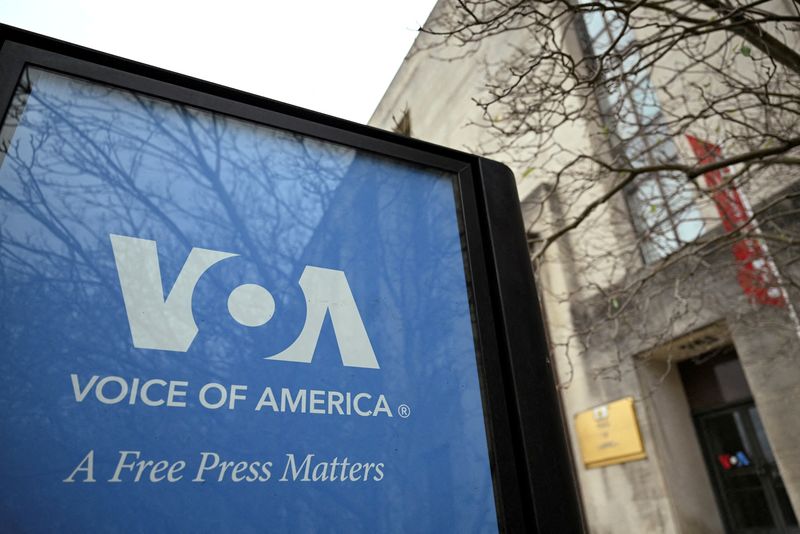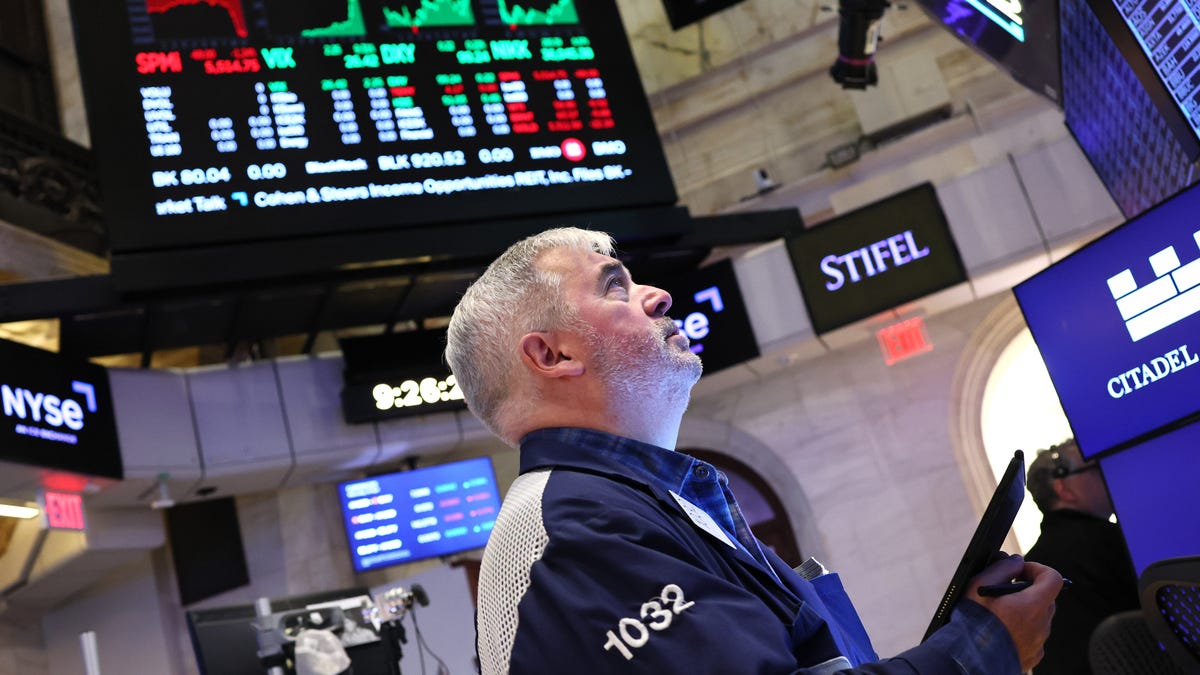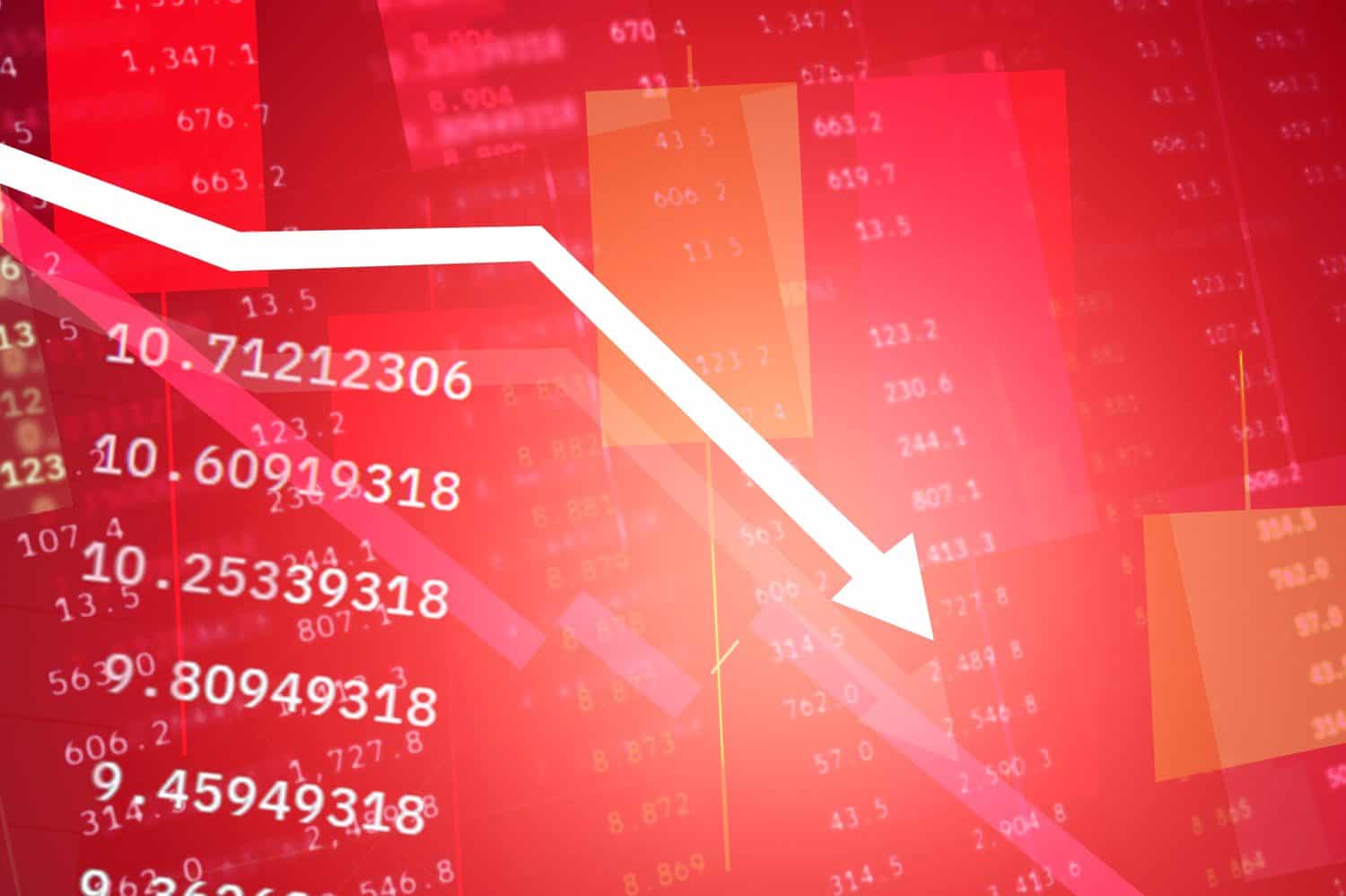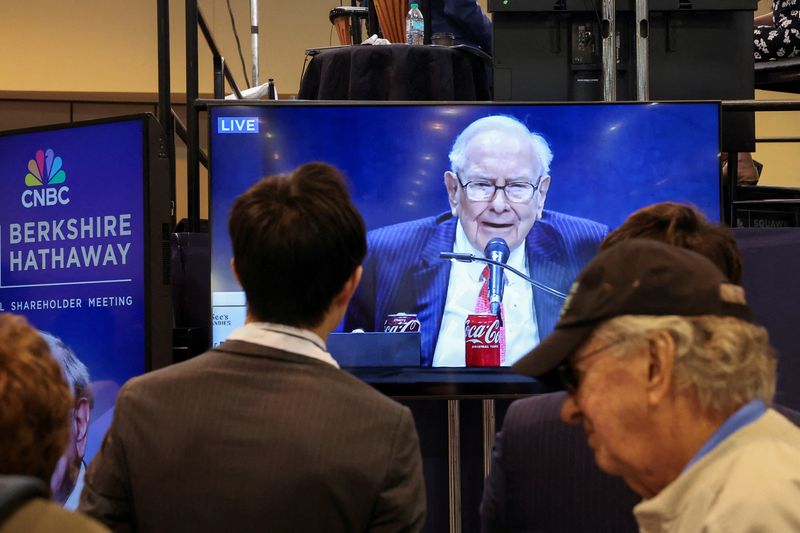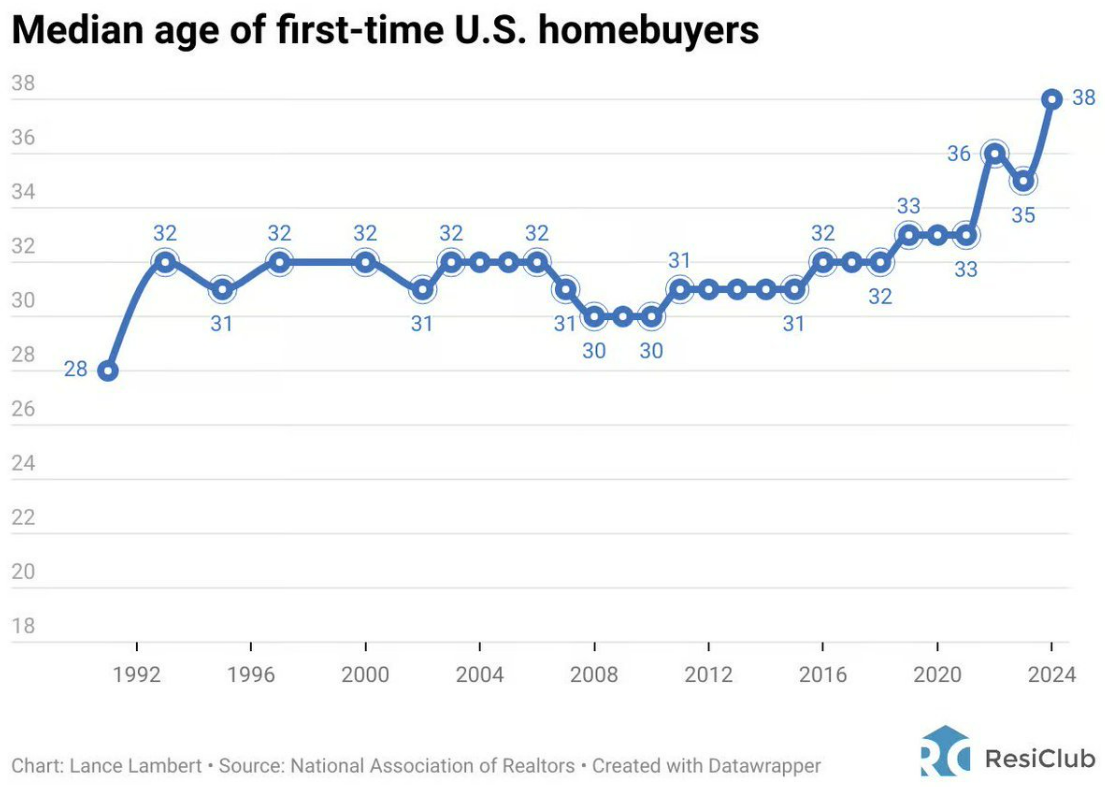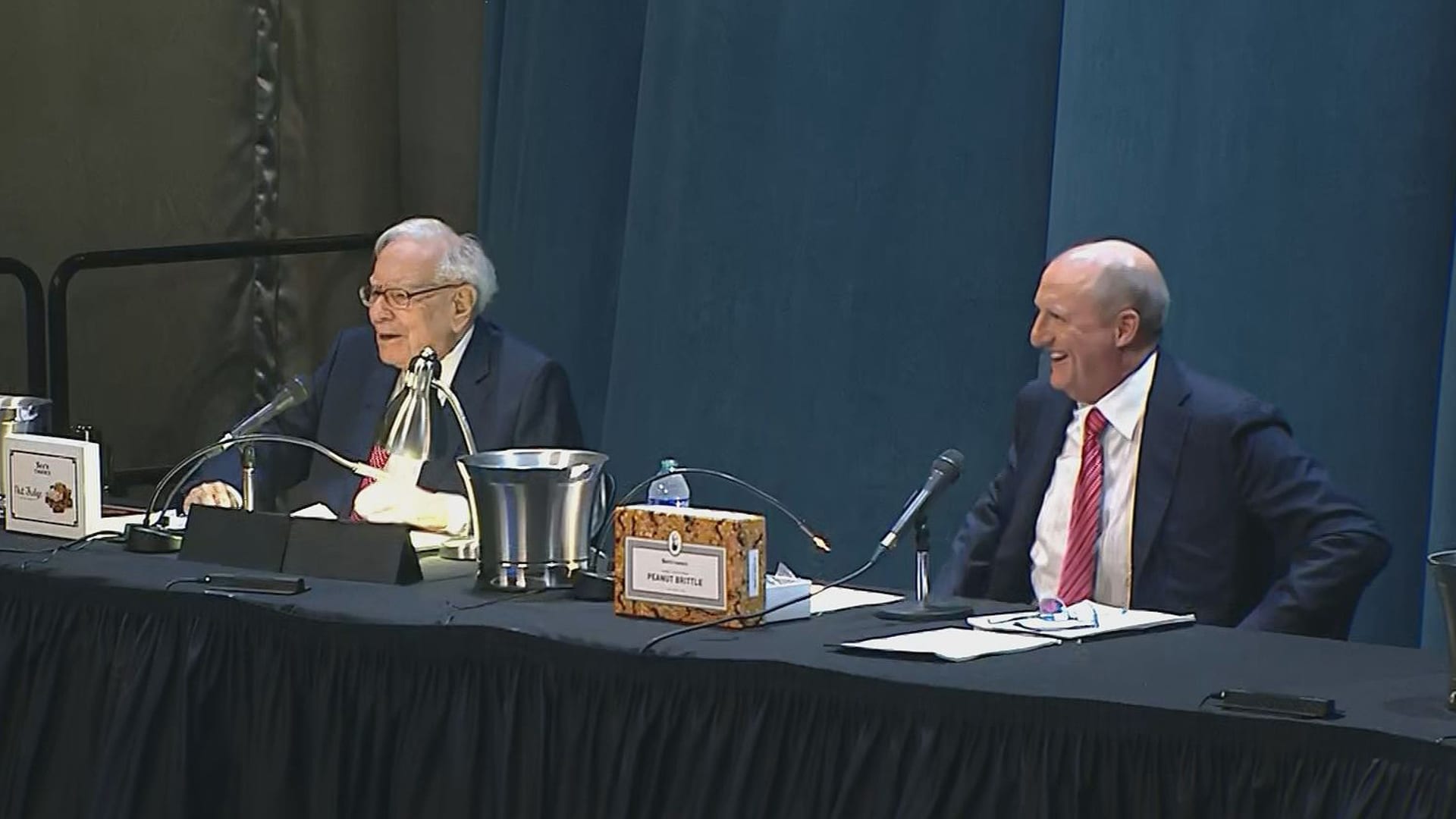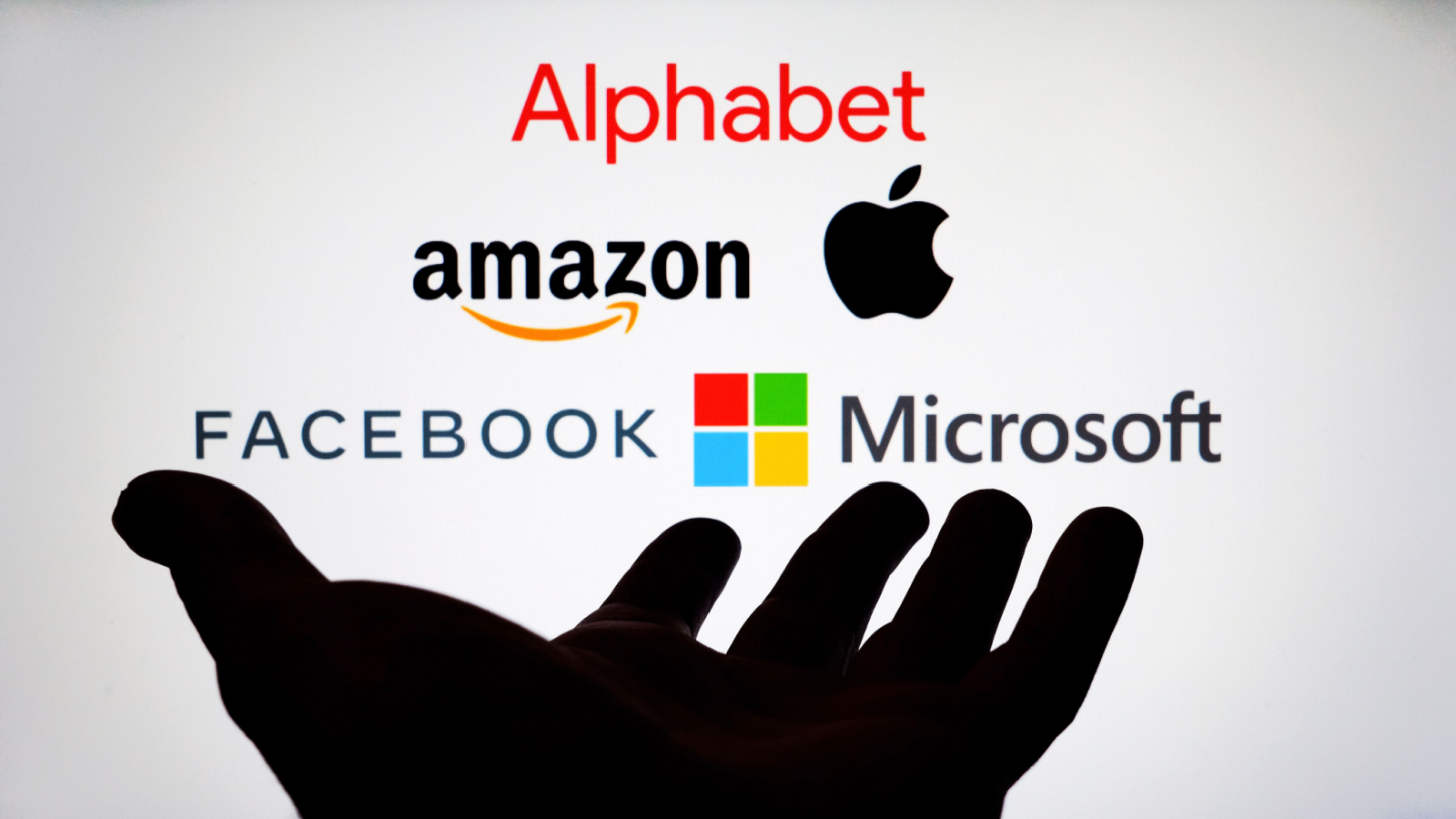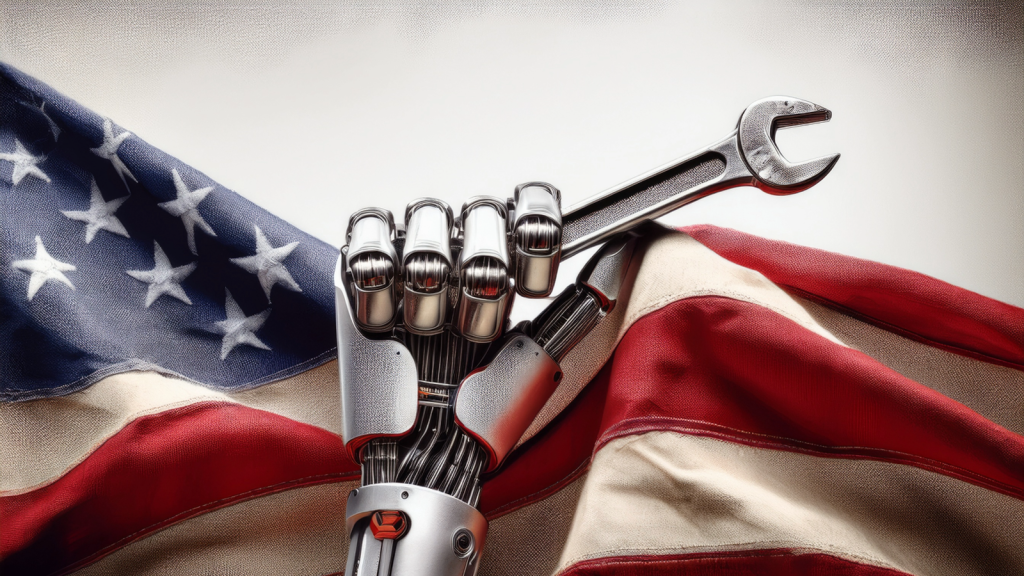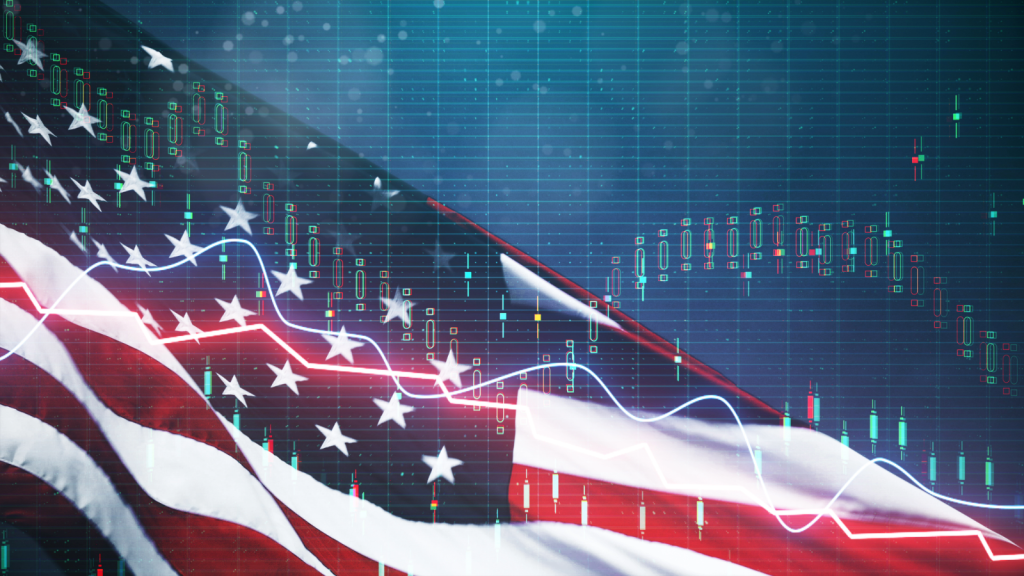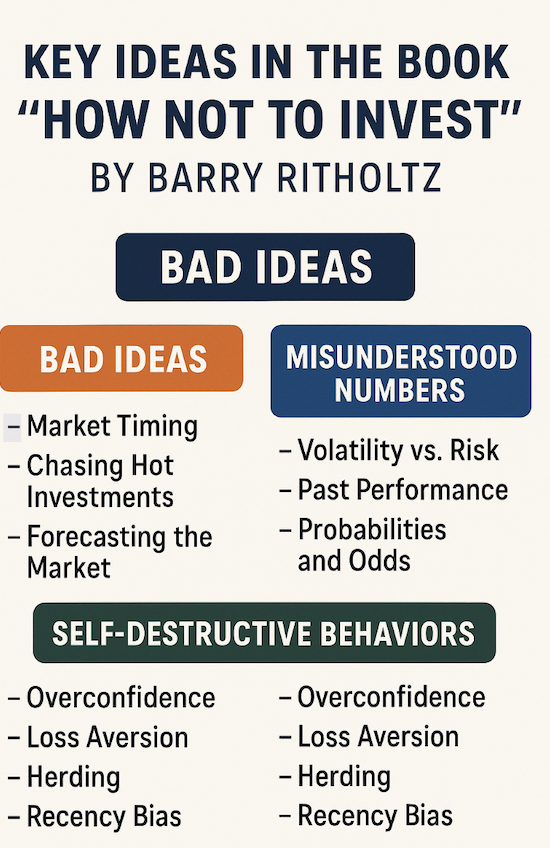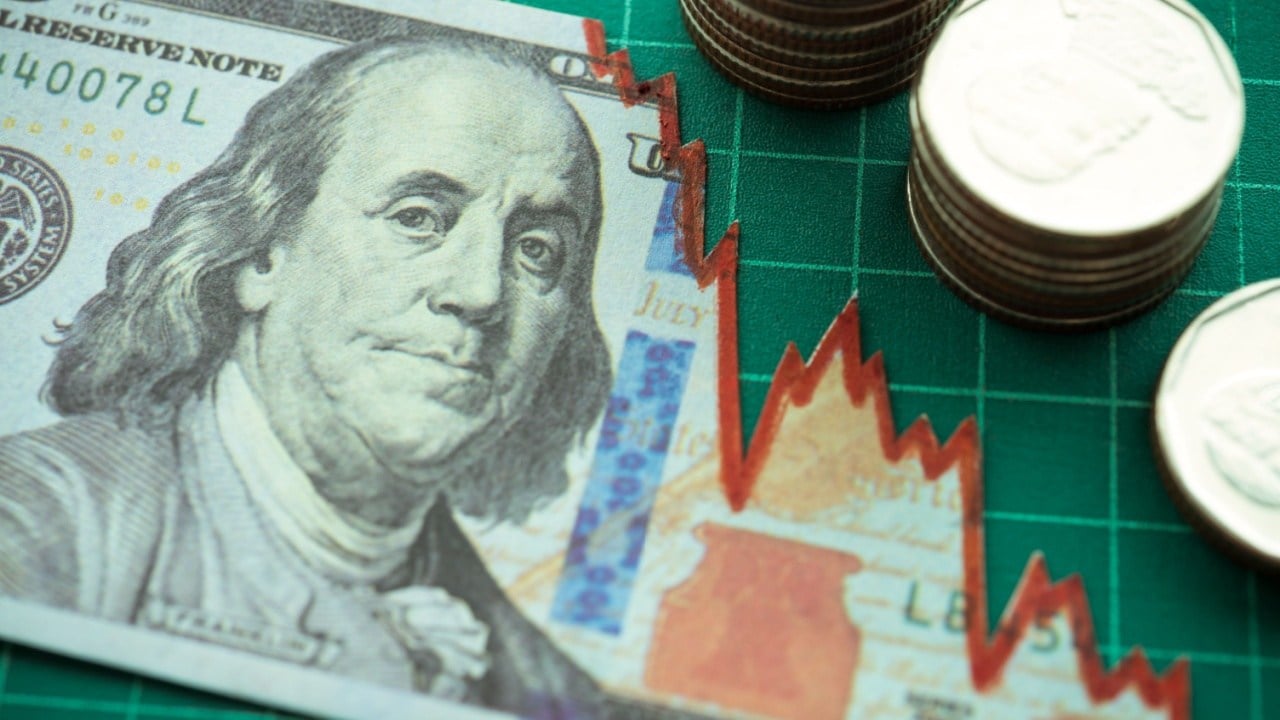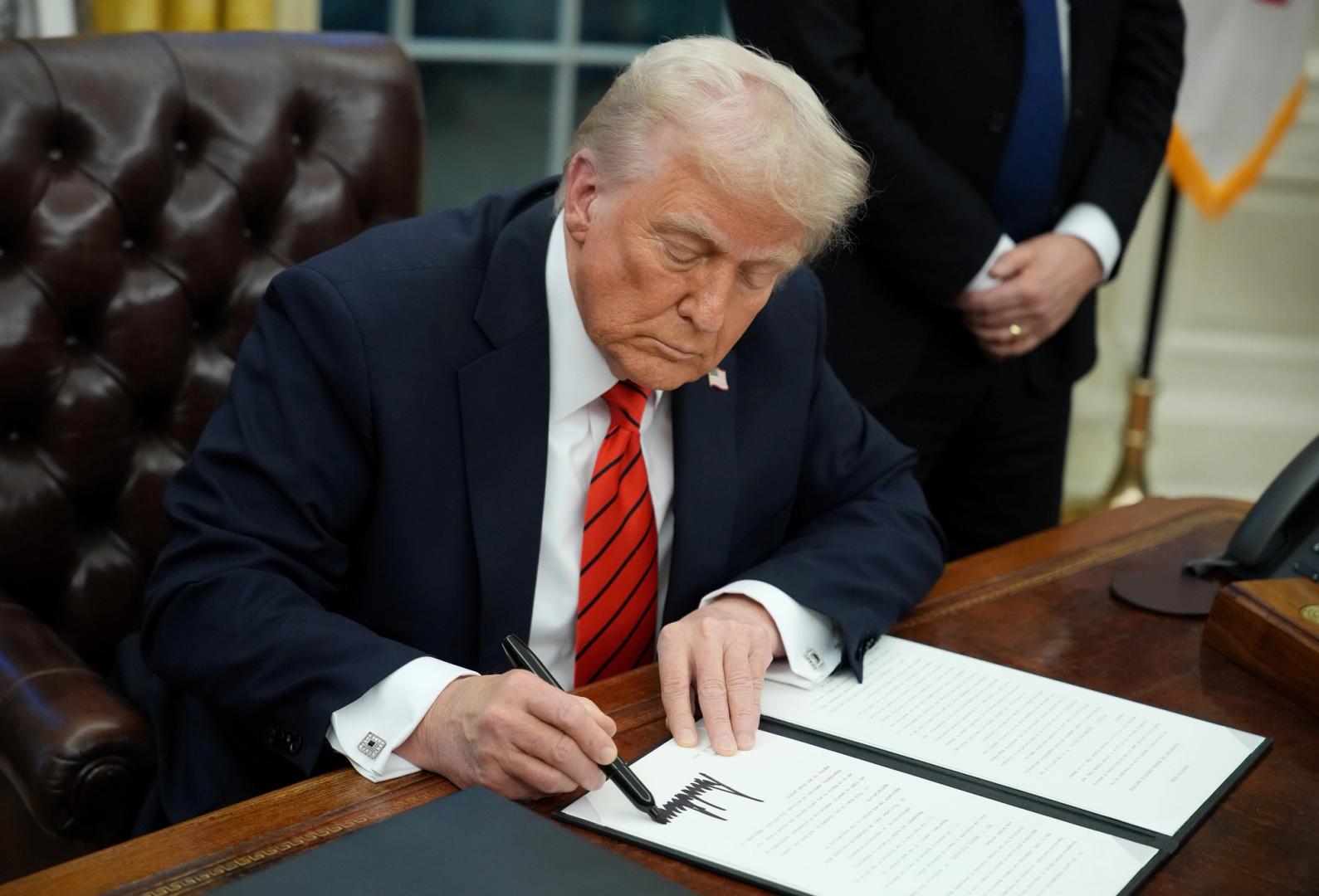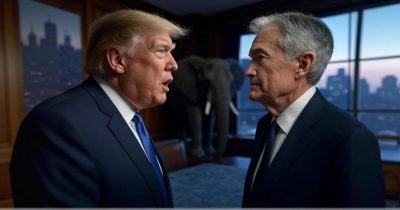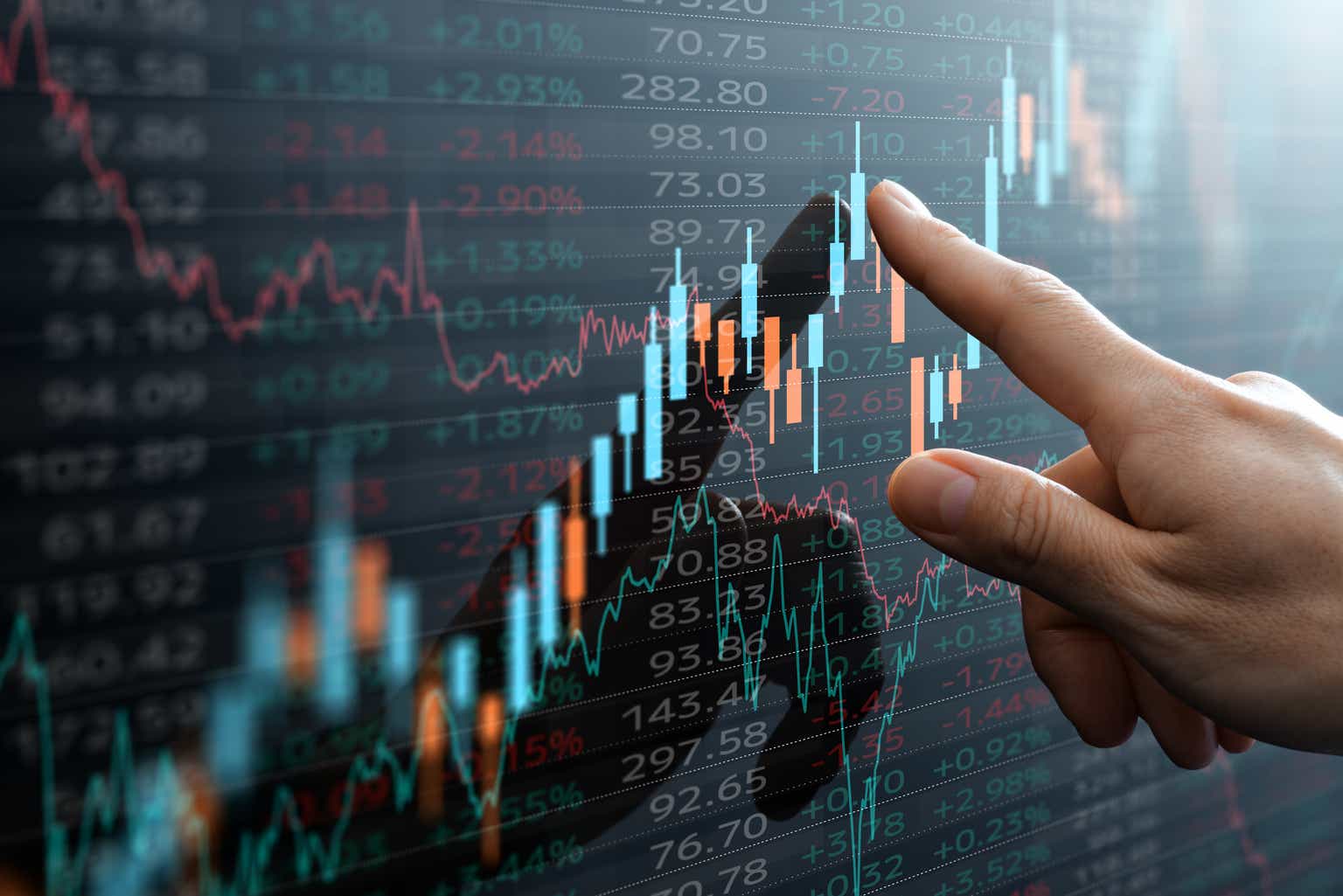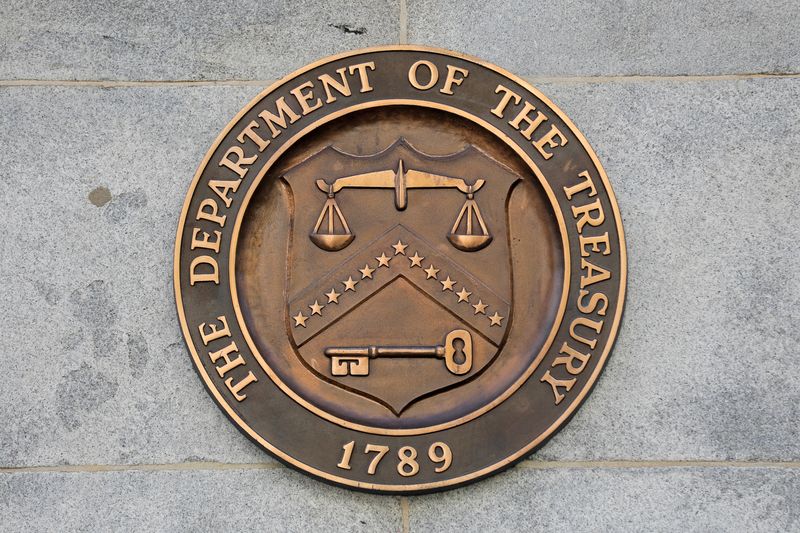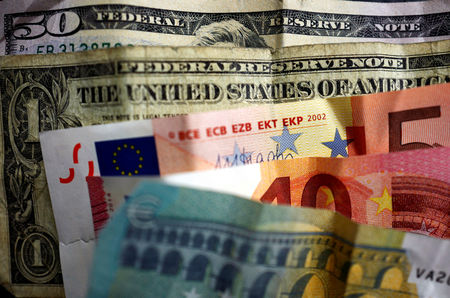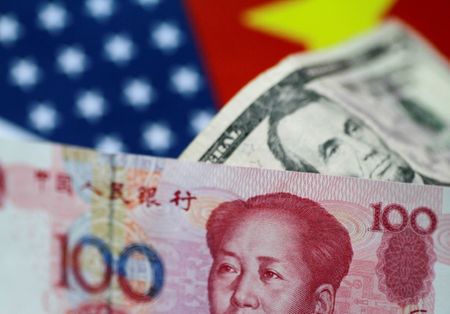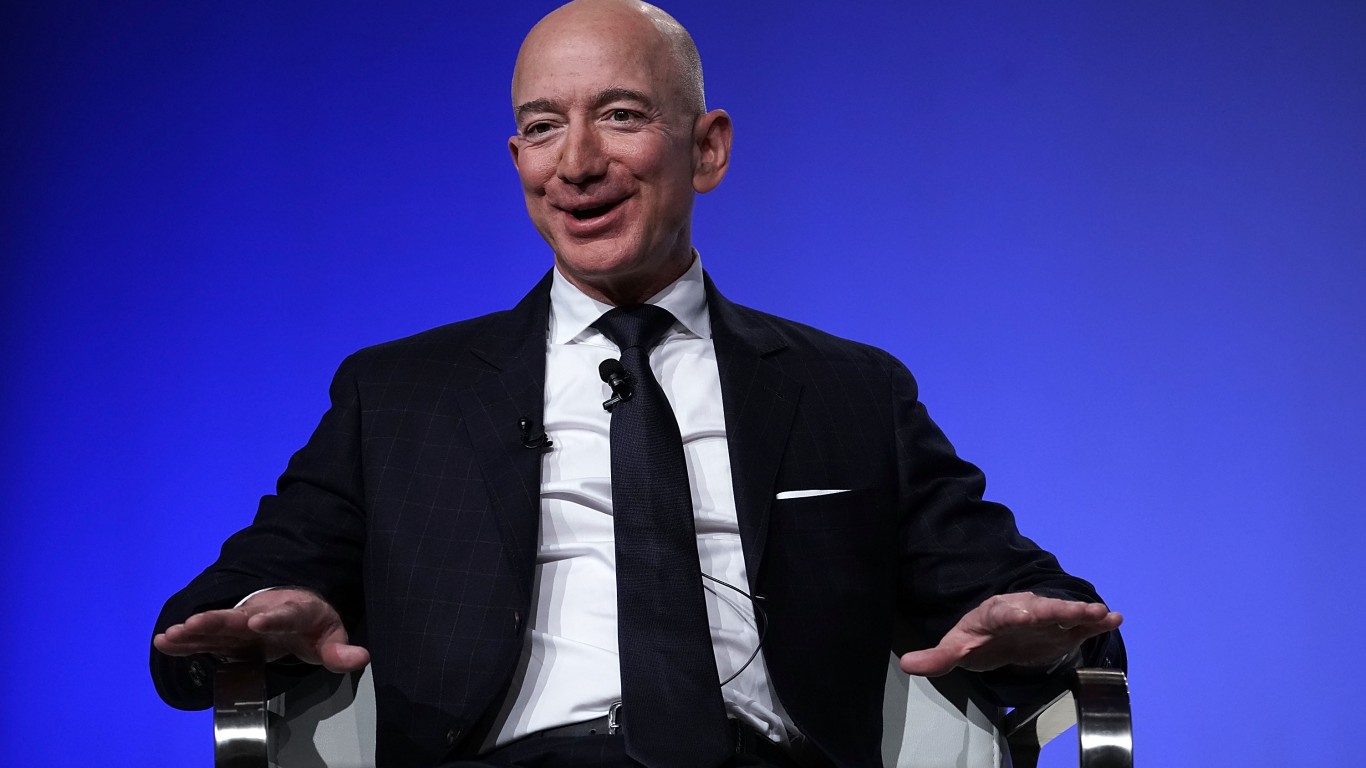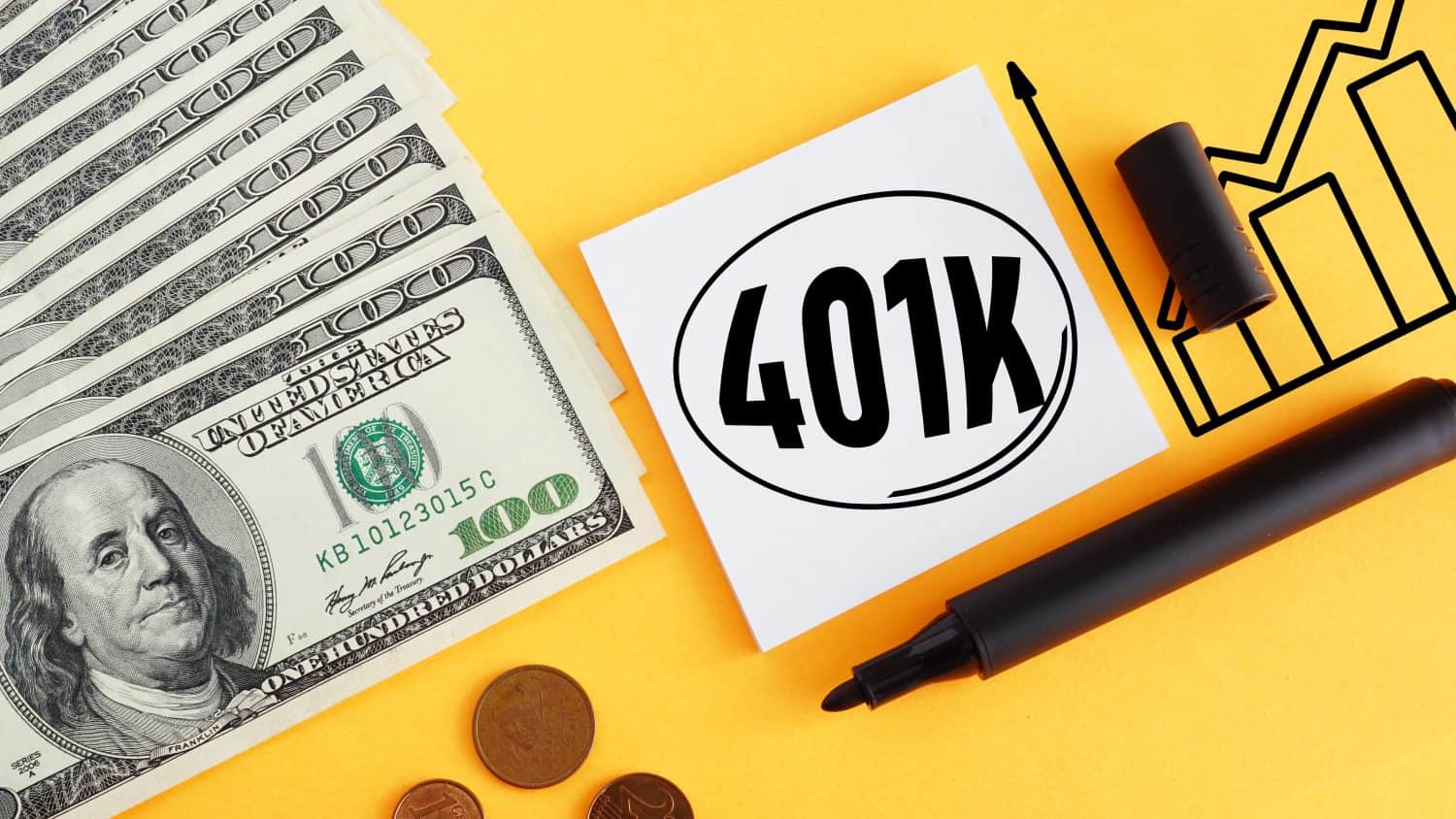I Noticed My Grocery Bill Jumped from $90 to $118 – Are Tariffs to Blame for the Rising Costs?
It seems like there’s always an unpleasant surprise waiting after we’re finished ringing everything in at the end of a weekly grocery haul. Indeed, we’ve been through years of inflation, and just when you think prices are ready to come back down to earth, some horrific tariffs come into effect, driving up the prices of […] The post I Noticed My Grocery Bill Jumped from $90 to $118 – Are Tariffs to Blame for the Rising Costs? appeared first on 24/7 Wall St..

It seems like there’s always an unpleasant surprise waiting after we’re finished ringing everything in at the end of a weekly grocery haul. Indeed, we’ve been through years of inflation, and just when you think prices are ready to come back down to earth, some horrific tariffs come into effect, driving up the prices of affected goods. Undoubtedly, it’s too early in the game to tell how much the total tariff impact will cost us. But some Americans may already be feeling its effects, whether we’re talking about higher prices, the relatively limited availability of specific products, or layoffs made in reaction to tariffs.
In this piece, we’ll examine the anecdotal case involving an individual who usually gets the same items in their weekly visit to the same grocery store. They’ve noticed a pretty substantial surge at the checkout after their latest haul, with their grand total at the till surging to $118 from $90 — a painful increase of more than 30%.
Key Points
-
Tariffs are starting to drive prices higher. Though it’s too early to tell how bad things can get.
-
Sticking with low-cost retailers and implementing a dividend strategy could help make it through a tariff storm.
-
Are you ahead, or behind on retirement? SmartAsset’s free tool can match you with a financial advisor in minutes to help you answer that today. Each advisor has been carefully vetted, and must act in your best interests. Don’t waste another minute; get started by clicking here.(Sponsor)
Was it really tariffs that caused a 30% surge in one’s grocery bill?
It’s hard to say if tariffs are solely to blame for the price hikes, given that inflation never really normalized and the possibility that grocers are looking to offset the rising costs to come. It could take a bit of time before the real impact of tariffs weighs most heavily on Americans’ wallets, but I do think anyone would start asking questions after quite a substantial price hike. In any case, tariffs may bear a part of the blame for higher grocery bills. As retailers begin to feel even more of the weight, perhaps some shelves could begin to empty as importers become far less willing to pay the current tariffs in place, as they doubt consumers’ willingness to accept higher prices.
For Americans who’ve purchased a lot of imported products, it should come as no surprise to feel the pain of a higher bill. And while there may be few alternative domestic options available at the grocery store, I do think that shopping around could be a way to shelter from a coming tariff-fuelled inflationary hailstorm, the worst of which may have yet to hit.
Indeed, for the many Americans who’ve been in cost-cutting mode before, perhaps it means trading down to generics to save money or taking one’s business over to Costco for bulk buys or Walmart for their competitive prices on Great Value-branded products. Indeed, it can be tough to steer clear of tariffs, especially when they’re so sweeping. And while time will tell when Trump will back down and provide relief to the many American consumers who are fed up with inflation already, shopping at discount retailers still seems to be one of the few ways to avoid being caught in the “blast zone” of the tariffs.
Beefing up one’s passive income stream could prove wise.
If your portfolio is focused on growth or isn’t as yield-heavy as it could be, perhaps switching gears to shore up extra cash may be of huge help to make it through what could be an affordability crisis. We can’t control what Trump does with tariffs. However, we can opt for the types of stocks that can help cover a portion of the higher costs of living, whether it’s a 30% transitory lift in prices or something heftier and more permanent.
At this juncture, something like the Global X Portfolio S&P 500 High Dividend ETF (NYSEARCA:SPYD) looks like it could help alleviate some of the blow of tariffs. The SPYD currently yields a nice 4.32% and looks well-equipped to give even non-retirees a bit of a boost as tariffs take a bigger bite out of our wallets.
The post I Noticed My Grocery Bill Jumped from $90 to $118 – Are Tariffs to Blame for the Rising Costs? appeared first on 24/7 Wall St..



